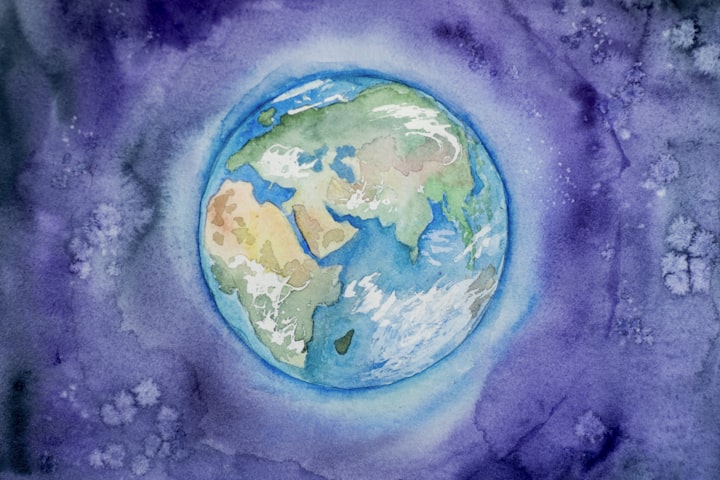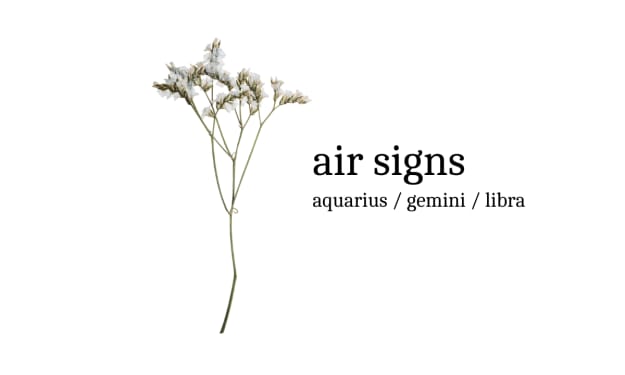
In a world devoid of humans, the Earth would undergo a profound transformation. Without human activity, the natural environment would gradually reclaim urban areas and man-made structures. Concrete jungles would be overgrown with vegetation, and the once bustling cities would become silent, serene landscapes. As nature reasserts its dominance, forests, grasslands, and oceans would flourish, offering a harmonious balance that had been disrupted by human intervention.
Cities would crumble as buildings, roads, and bridges succumb to the forces of weather and time. The absence of maintenance and repair would gradually erode the structures that once symbolized human achievement. Skyscrapers would become hollow shells as plants take root in the cracks of the concrete and vines wind their way through shattered windows. The remnants of human civilization would serve as a testament to our existence, but nature would quickly reclaim these spaces for its own purposes.
Wildlife would experience a resurgence as habitats are freed from the constraints of urban sprawl. Endangered species might find a chance to rebound without the pressures of habitat destruction and pollution. The absence of human-caused disturbances, such as noise pollution and habitat fragmentation, would allow ecosystems to thrive and evolve without interference. As a result, intricate relationships between species would develop, creating a delicate web of interactions.
In the absence of human-driven climate change, the Earth's climate patterns might stabilize over time. Carbon emissions would dwindle, and the atmosphere could slowly recover from the excess greenhouse gases. This might lead to a gradual cooling of the planet, allowing polar ice caps to regrow and ocean levels to stabilize. The natural balance between ecosystems would contribute to a healthier biosphere, promoting biodiversity and ecological resilience.
While technology would eventually break down without human intervention, traces of our civilization would linger. Plastics, for example, might endure for centuries, polluting oceans and landscapes. However, these materials would eventually break down through natural processes, even if it takes hundreds of years. The Earth's geological record would bear evidence of human impact, as layers of sediment and rock contain remnants of our plastic waste and other markers of our existence.
In the oceans, marine life would flourish as overfishing ceases and marine ecosystems rebound. Coral reefs, vital for marine biodiversity, would have a chance to recover from the damaging effects of pollution and rising ocean temperatures. This resurgence of marine life would contribute to a healthier and more vibrant ocean ecosystem.
Despite the rejuvenation of the natural world, the absence of humans would also bring challenges. Domesticated animals like dogs and cats might struggle to survive without human care, and ecosystems that relied on human intervention for conservation might face difficulties. In some cases, invasive species might thrive in the absence of human efforts to control their populations, disrupting local ecosystems.
In conclusion, a world without humans would witness a remarkable transformation. Nature would gradually reclaim urban landscapes, wildlife would flourish in newly freed habitats, and ecosystems would stabilize. The Earth's climate might find a new equilibrium, and evidence of human existence would persist in various forms. While challenges would arise, the absence of human activity would allow the planet to heal and regenerate, reminding us of the intricate relationship between humans and the natural world.
Ultimately, a human-free Earth would be a place where nature takes center stage, with ecosystems thriving in their own rhythms. The world would be a mosaic of evolving landscapes, adapting to changing environmental conditions. The absence of human influence would offer a chance for the planet to heal and regenerate, reminding us of the intricate web of life that existed long before our presence.
About the Creator
ARNAB DAS
"Arnab Das 🖋️ | Exploring the world through words. 🌍 Sharing insightful articles on my inner eyes. 📚 Let's journey through ideas together! ✨ #Writer #Thinker"





Comments
There are no comments for this story
Be the first to respond and start the conversation.